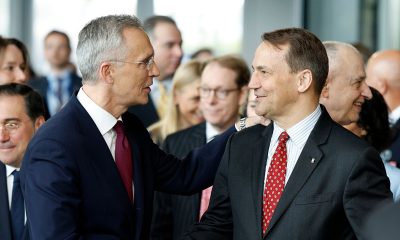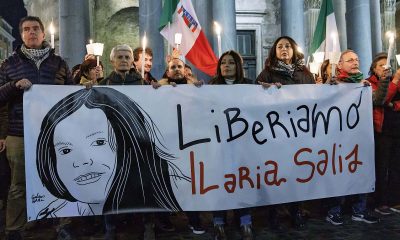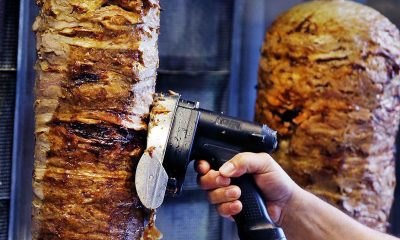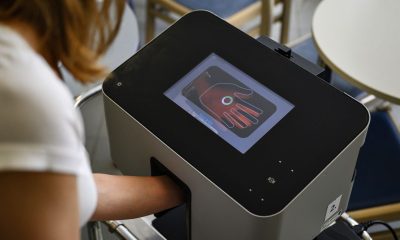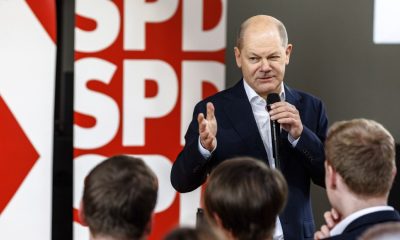General News
EU policies jeopardise food independence, say 50% in poll
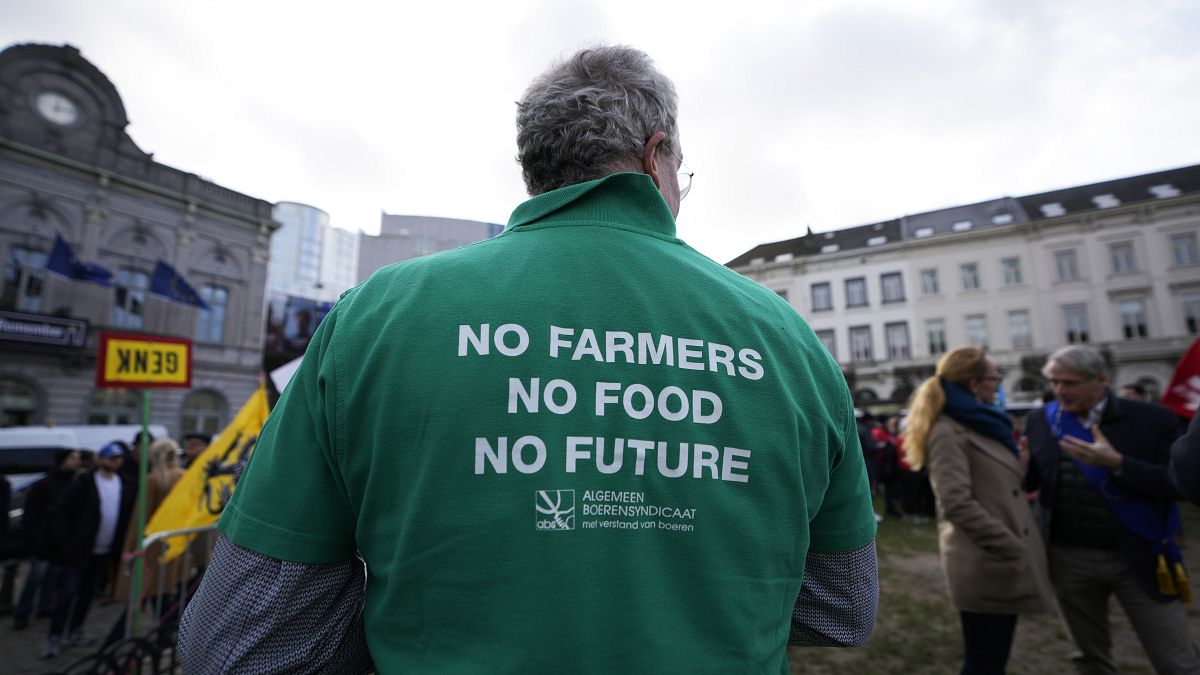
European voters are as unhappy as farmers with the bloc’s protection of agriculture, accounting the largest slice of the EU budget.
Almost half of the respondents in an Ipsos survey of 26,000 European voters conducted for Euronews considered the EU’s actions to impact negatively on the protection of European agriculture and the bloc’s food independence.
Both aspects take centre stage in the EU’s farming subsidies programme, the Common Agricultural Policy (CAP), which is also one of the bloc’s biggest cash envelopes.
The poll outcome may be viewed as a substantial failure of the bloc’s key agricultural policy, with EU lawmakers failing to capitalise on funding specifically earmarked for agriculture – which accounts for one-third of the overall EU budget.
While only a fifth of those surveyed were satisfied by the EU’s actions in ensuring protection for Europe’s farming, the discontent seems to peak particularly in countries with the biggest agricultural output, with few exceptions such as Denmark and Romania.
“It’s interesting that respondents in the biggest EU producers, led by France but also Poland, Spain, and Italy, have the most negative views,” Alan Matthews, professor of European Agricultural Policy at the Dublin Trinity College, told Euronews.
For Matthews, a leading expert in the CAP programme, whether respondents so answered “because they think the push for higher environmental ambition has made EU agriculture uncompetitive or because they think the EU has not taken sufficient steps to prevent more competitive imports through trade policy”, remains an open question for policymakers.
A new political fault line
The EU’s agri-food policy has been a sore point for Ursula von der Leyen’s administration. A previous analysis by Euronews found that more than half of the promises of the flagship “Farm to Fork” strategy unveiled at the beginning of the mandate remain unmet.
A growing polarisation among stakeholders in the sector led the Commission chief to call time out and suspend new proposals in the pipeline, convening instead a so-called ‘strategic dialogue’ ahead of the EU elections to bring parties closer together.
However, the exclusive Euronews poll reveals the rise of a political fault line as well.
“What is interesting is the clear left-right divide between the political groups,” commented Matthews, pointing out that most negative views were held by those expressing support for far-right (ID) and right-wing parties (ECR) while more voters supporting the Left and Green groups felt the EU was doing at least a reasonable job.
The general architecture of the CAP, which was agreed upon by lawmakers at the beginning of this mandate, has already incurred amendments to meet farmers’ concerns.
According to Italy’s agriculture minister Francesco Lollobrigida, these tweaks were deemed necessary to fix some flaws in the CAP design originally brought by progressive and green political forces.
“The CAP was conditioned by [former Commission Vice-president] Timmermans, who had an ideological approach and who fortunately no longer conditions European policies,” said the conservative politician at the March monthly gathering of EU-27 agricultural minister in Brussels.
Timmermans’ farewell put right-wing and conservative political groups “in a position to review the framework linking environmental sustainability to economic sustainability,” he said.
Food independence and food sovereignty
The exclusive Euronews poll also showed renewed interest in ‘food independence’, increasingly associated with the concept of ‘food sovereignty’.
Originally coined by the agroecological movement in the 1990s, food sovereignty is in vogue in current political discourse, particularly in France and Italy.
How food sovereignty can be defined at EU level remains unclear however, with some believing it should form part of a rethinking of the bloc’s trade policy, and others seeking to boost domestic EU agriculture production at all costs.
Matthews linked the outcome of the Euronews polls to a recent Eurobarometer survey which canvassed citizens’ views on the relationship between international trade and agriculture.
“Almost nine out of ten respondents agreed that agricultural imports of any origin should only enter the EU if their production complied with EU environmental and animal welfare standards,” he said, adding that a majority of the Eurobarometer respondents also supported trade barriers on imports, except for developing countries.
A recently presented sustainability indicator developed by the think tank FarmEurope indicated the EU’s food sovereignty is improving in both meat and dairy products, with a surplus for crop production led by France, as well as central European and Baltic countries.
However, the EU’s self-sufficiency in feed for livestock seems to deteriorating rapidly with serious deficits in the Iberian Peninsula, Germany, and Italy.
Source
Disclaimer: No copyright infringement intended. All rights and credits reserved to respective owner(s).

